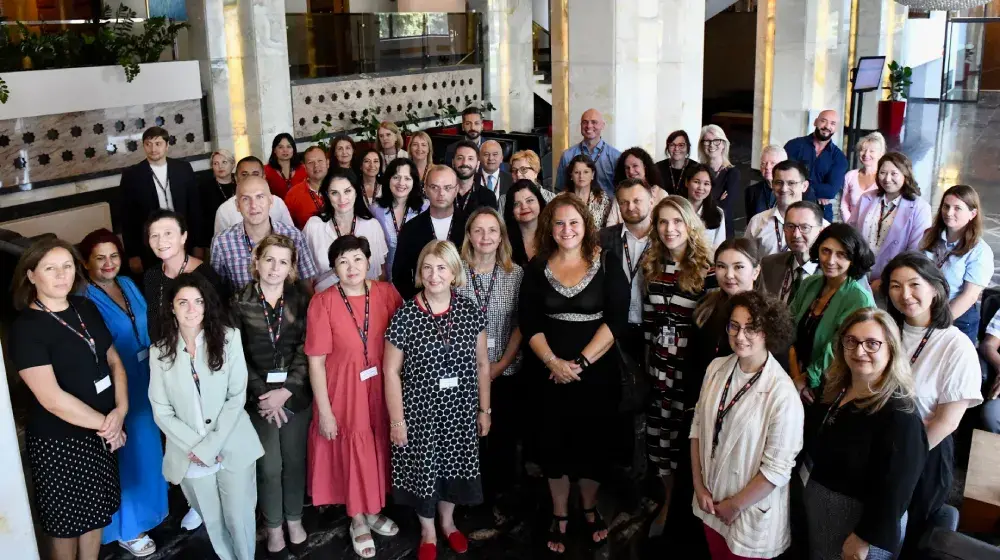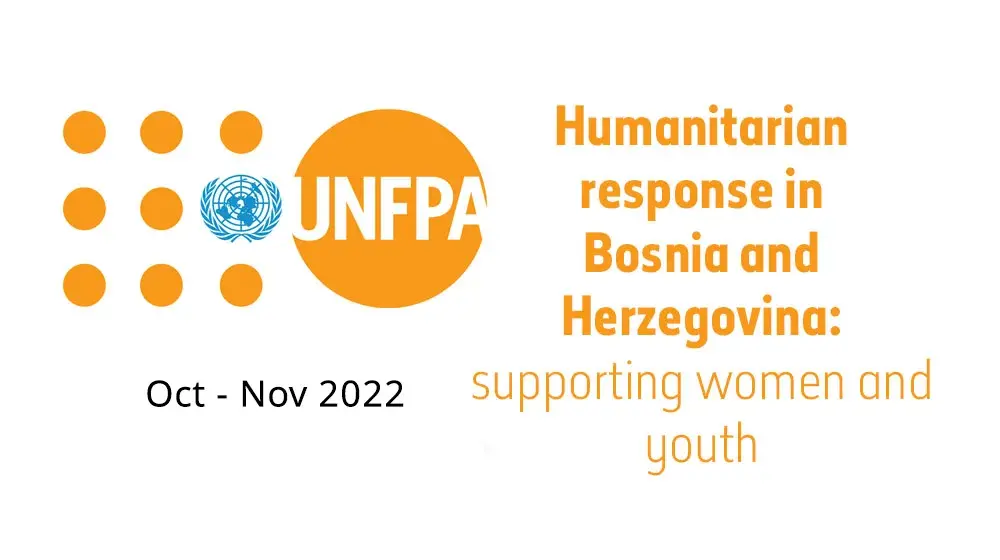Government and civil society representatives from eight South-eastern European countries gathered in Sarajevo this week for a meeting convened by the UNFPA, the United Nations Population Fund, together with PATH, a global health organization, to discuss a road map for the introduction of a “total market approach” to ensure universal access to modern contraceptives and other reproductive health commodities in the region.
The total market approach, or TMA, looks at what the public sector, commercial suppliers and non-governmental organizations can do to ensure a reliable supply of reproductive health commodities. It takes into account that not all population groups are able or willing to pay the full market price for such commodities, and foresees subsidies or free supplies for those who cannot afford them especially among most vulnerable populations.
“The total market approach is an important tool not only for making the supply of reproductive health commodities more sustainable, but also for eliminating existing barriers to modern family planning methods,” said Doina Bologa, UNFPA’s Country Director for Bosnia and Herzegovina, Serbia, Kosovo and the Former Yugoslav Republic of Macedonia.
She stressed that the total market approach ensures that the entire population has access to a wider range of affordable quality contraceptives, including marginalized or otherwise under-served groups.
The use of modern contraceptive methods is alarmingly low in many countries of South-eastern Europe. In Albania, Bosnia and Herzegovina, the FRYM and Serbia the rate is below 20 percent, lower than the average for the world’s least developed countries. Data shows that many women in the region try to avoid pregnancy by using traditional methods such as periodic abstinence and withdrawal, which have a high failure rates.
Governments have not invested sufficiently in affordable and accessible contraceptives to date. At the same time, foreign development funding is scarce, given that the region is mostly composed of middle income countries.
Ms. Drazenka Malicbegovic, Assistant Minister at the Ministry of Civil Affairs, said that Bosnia and Herzegovina will take steps to introduce the total market approach, as this will contribute to achieving the goals set in the 2012 national sexual and reproductive health policy.
The three-day meeting is attended by some 30 representatives from Albania, Bosnia and Herzegovina, Bulgaria, Kosovo, the FRYM, Romania, Serbia and Turkey. It is the first of a series of similar events to be organized across Eastern Europe and Central Asia.
The meeting is expected to lead to the development and implementation of action plans to introduce the total market approach at the national level in Eastern Europe countries.
For more information please contact Majda Prljaca, at prljaca@unfpa.org, or 061171673
The United Nations Population Fund: Delivering a world where every pregnancy is wanted, every childbirth is safe and every young person's potential is fulfilled




